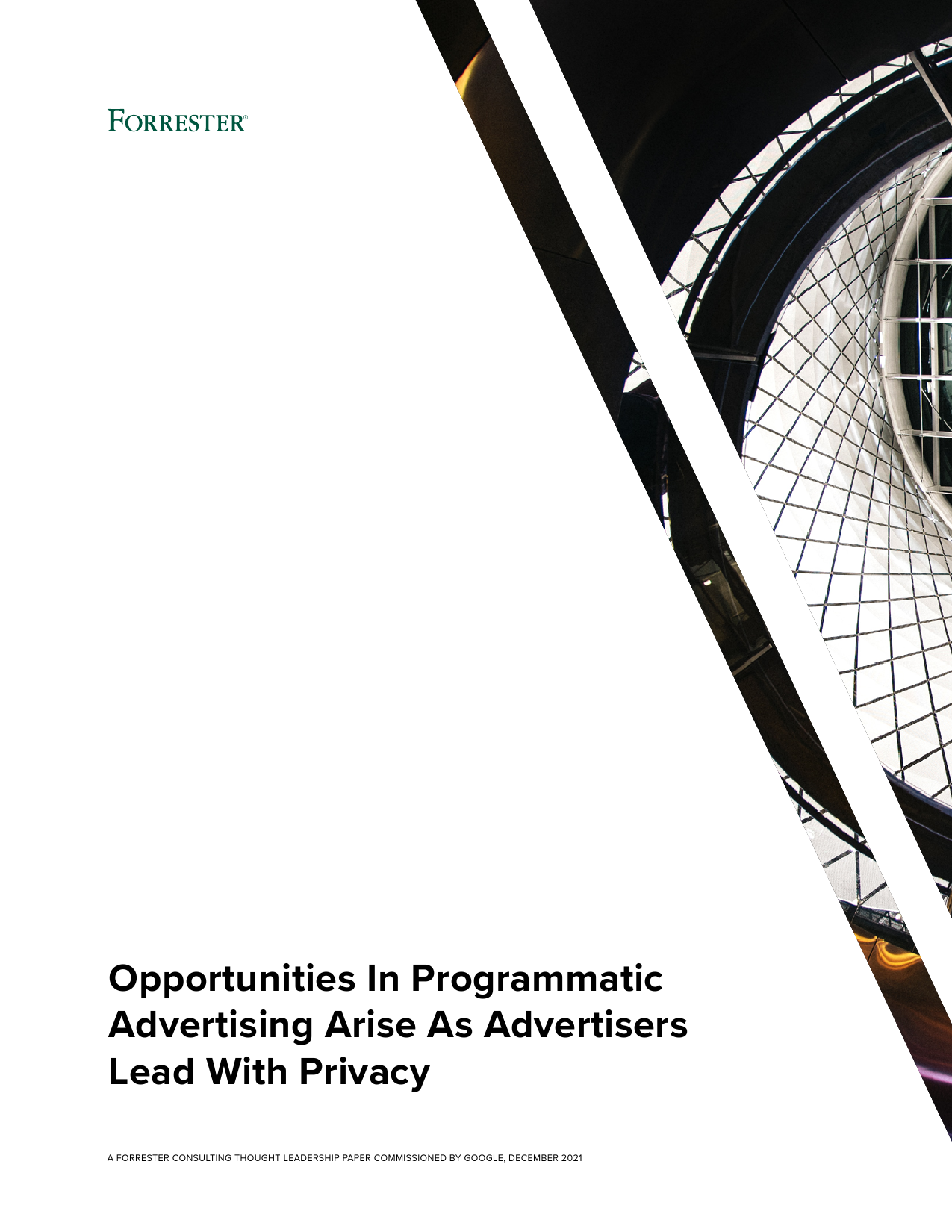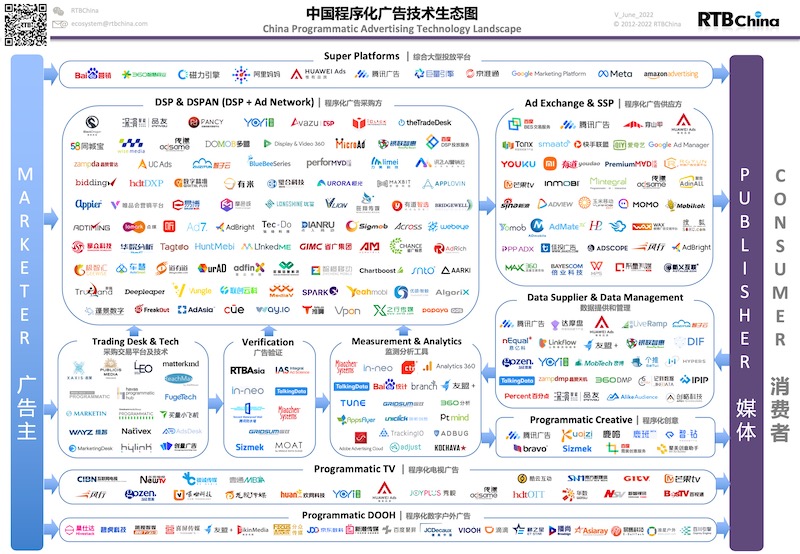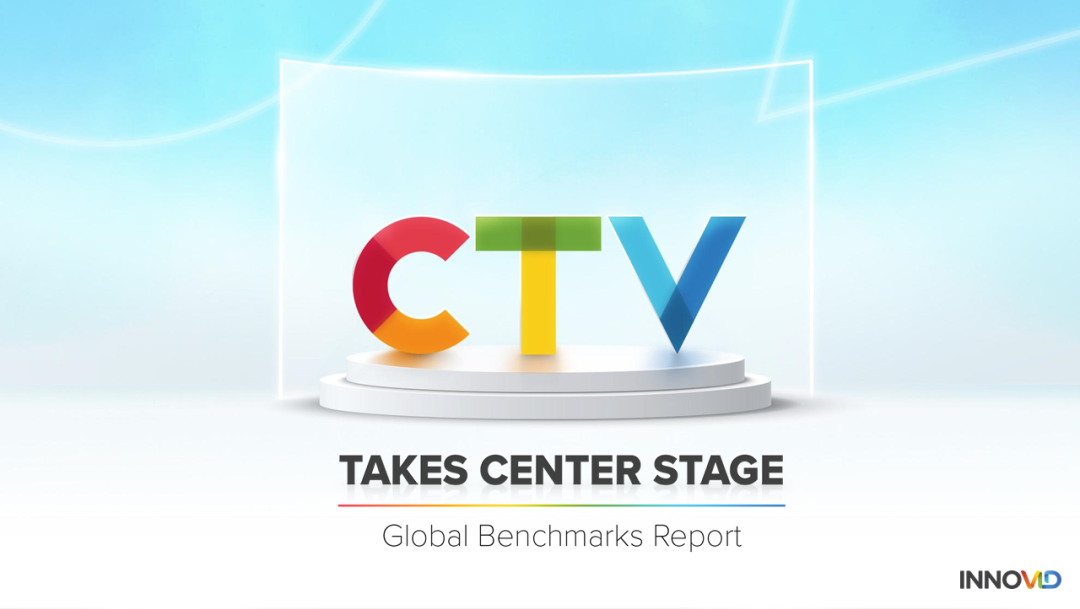 本站评:才闻Adobe Flash停止支持移动设备平台,又见美国法院和解案例,看来Adobe Flash江河日下了。转载新闻如下:
本站评:才闻Adobe Flash停止支持移动设备平台,又见美国法院和解案例,看来Adobe Flash江河日下了。转载新闻如下:
Popular video site Metacafe has joined Quantcast, Interclick and a host of other firms in settling a lawsuit over its use of Flash “super-cookies” – tracking tools that regenerate even after internet users clear their browser. But despite an offer of $250 to compensate the plaintiffs, no one should hold their breath about getting paid.
In a proposed settlement filed on Friday in Brooklyn federal court, Metacafe said it would pay a maximum of $250 to consumers for reasonable expenses they incurred in trying to remove the cookies. The deal would also pay $400,000 to Kamber Law, the same firm that has racked up a series of other settlements related to Internet tracking, including a high-profile$9 million deal with Facebook over the social network’s ill-fated Beacon program that shared users’ purchase information.
(还不了解Flash Cookie的看这里)SEE ALSO: New Study Shows Persistence Of ‘Flash Cookies’
The new settlement with Metacafe, which offers short clips of premium TV and movie content, is different from similar suits because it proposes a direct payment to consumers. Other recent lawsuits over online privacy breaches, including the Beacon settlement, have resulted in the defendant company paying for the cost of the lawsuit and donating additional money to third party foundations to conduct privacy research. These cases reflect the law’s ongoing struggle over how to put a dollar figure on an individual privacy violation.
Metacafe’s decision to pay $250 may not be what it seems, however. Before anyone who had the cookies installed on their browser can collect, they must:
submit a request for reimbursement for any out-of-pocket expenses or costs that they believe they incurred for a reason attributable to Metacafe that could not have been remedied by simply removing any HTTP cookie and/or LSOs associated with Metacafe and using readily available tools to do so.
The reality here is that individuals will have to jump through hoops to submit a claim in the first place and, even if they do, it is unclear how they will overcome Metacafe objections that they could have removed the cookies for free. This is because, shortly after the controversy over Flash super-cookies first erupted in 2010, Adobe provided consumers with awebsite with instructions for removing the cookies. Metacafe lawyers will likely refer to this website in an attempt to refute any claims.
A court must still approve the settlement but, if it does, it seems the only payouts will be the $7,500 set aside for a few representative plaintiffs and the bill from the Kamber law firm. This may suit the parties involved by keeping costs to Metacafe’s insurers relatively low and by adding another handsome payout to Kamber’s growing list of settlements over Flash cookies. But it is unclear what consumers stand to gain by the settlement—beyond, perhaps, increased awareness about the cookie problem.
A source familiar with Metacafe said the privately-owned company decided to settle because it does not have deep pockets for a large settlement and because it hoped the federal deal would shut down a similar suit in Arkansas, a state where procedural rules favor plaintiffs. The source also said that Metacafe used the super-cookies to make its site function more efficiently and not, like other defendants, to collect marketing information.
The Kamber law firm did not immediately return requests for comment.
The phenomenon of super-cookies is likely far from over. The Flash cookies episode is just one form of “history sniffing” in which companies use technology to overrides internet users’ efforts to stop them collecting data. Since the Flash controversy, more companies have been accused of installing other types of unremovable cookies. Recently, an Australian hacker provided evidence Facebook was using them to track users who logged out of the site.
 RTBChina
RTBChina





